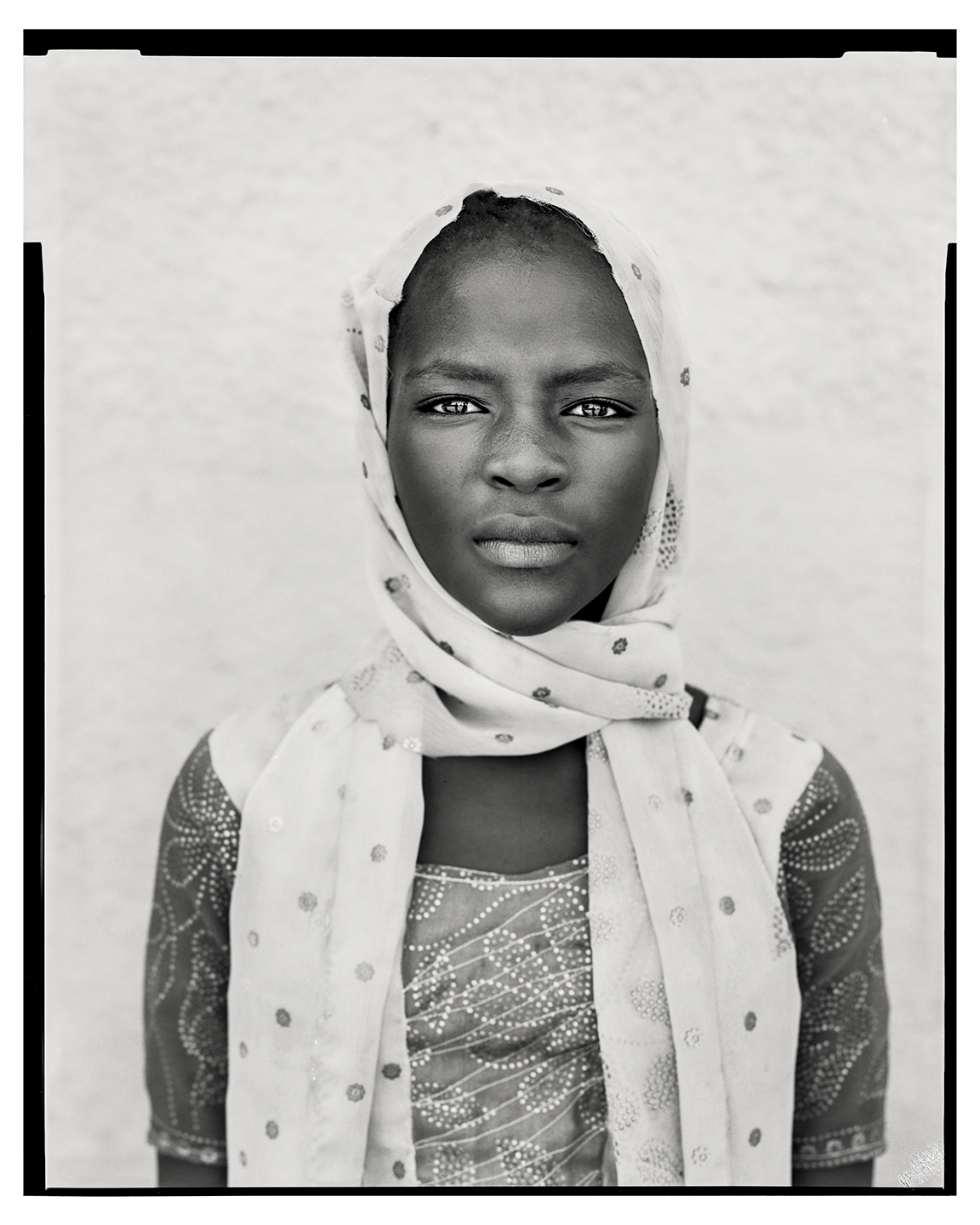














Senegal gained independence from France in 1960, marking the beginning of its journey as a sovereign nation under its first president, Léopold Sédar Senghor. Unlike many other African countries that experienced post-colonial turmoil, Senegal has maintained relative political stability, with peaceful transfers of power and a strong democratic tradition. This stability has allowed the country to focus on economic and social development, though challenges remain, including poverty reduction and environmental sustainability.
Climate change poses a significant threat to Senegal, with rising sea levels, desertification, and coastal erosion affecting agriculture and fisheries—two key sectors of the economy. Many Senegalese have migrated abroad in search of better opportunities, forming a strong diaspora that contributes to the economy through remittances. Despite economic hardships, Senegal has made strides in reducing poverty through government initiatives, foreign investment, and the promotion of sectors like tourism, technology, and renewable energy. The country's resilience, cultural richness, and commitment to development continue to shape its progress toward a more sustainable and prosperous future.